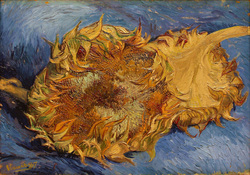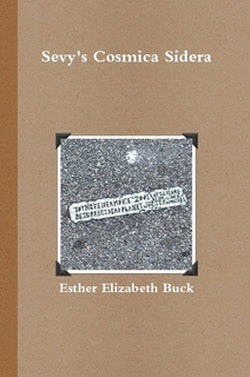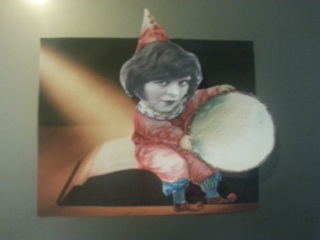
I'm also reminded of A Beautiful Mind when i see stories of madness. In fact, in recent days I shared with my [non-time-traveling] doctor my experience in watching a movie that appeared to be one thing and twisted to reveal internal madness. Honestly, I got to the end of A Beautiful Mind and thought, "isn't that interesting that John Nash saw so many things that others could not?" i really did not understand that he was a schizophrenic. I remember the look from the person with whom i watched the movie, speechless for a moment, finally explaining Nash's mental illness. I saw something completely different. In fact, I longed for the intuition that would allow me to see the things most do not.
And this morning, this small bit of madness explained again on my television reminds me that the things that cannot be explained by others is not only dismissed, but frequently mocked. And I wonder where the disregard of the unseen and unexplained originates? Is it fear? Is it apathy? Is it frustration? Is it something grander that I cannot fathom? (yes, I am still proposing that internal madness may not be entirely so.)
In this episode of Doctor Who, Van Gogh tells the incomparable Amy Pond that he hates sunflowers. Vincent explains that they are "always somewhere between living and dying. Half-human as they turn toward the sun." And he of course paints them brilliantly giving every petal the proper number of brushstrokes illustrating the moment between life and death that he sees the moment he paints. Half-human. Sunflowers are most certainly not human, but can be personified to be such because many cannot bring themselves to see the importance of life turning to the light, so it must be comparable to something lesser minds can process.
There is so much absurdity to which we acquiesce and allow. Madness seems to be dismissed. Of the two, I'll take madness over absurdity anytime it is offered. With madness comes a deeper understanding en route to 42. Absurdity is the distraction from the path leading to it.
Who has the perception to see what these great men of madness see without their explanation? And, [in my opinion more importantly] why aren't we listening as all the madmen and madwomen explain what they see?



 RSS Feed
RSS Feed
